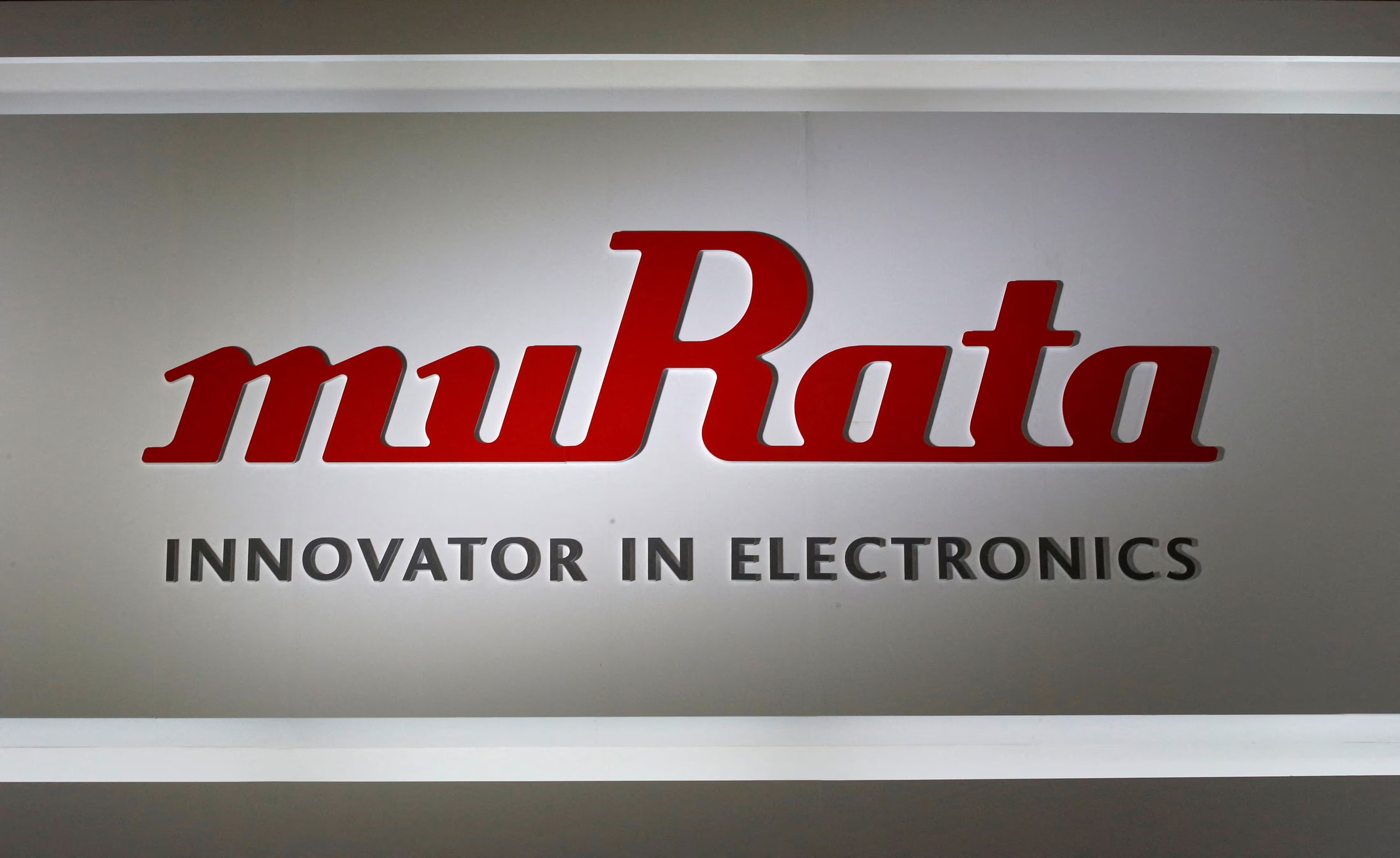July 7, 2025 /SemiMedia/ — The U.S. Department of Commerce is preparing a draft rule to impose new restrictions on the export of advanced artificial intelligence (AI) chips to Malaysia and Thailand, according to sources familiar with the matter.
The potential regulation would replace the Biden-era “AI proliferation rule,” which faced criticism from both allies and tech giants like Nvidia. The move marks the first step in the Trump administration’s broader overhaul of U.S. AI export policy.
Southeast Asia has become a growing concern for U.S. officials, particularly as companies like Oracle invest heavily in Malaysian data centers. Recent trade data shows a surge in chip shipments to Malaysia, raising fears of potential re-exports or remote access by Chinese firms. Although Malaysia has pledged to increase scrutiny under U.S. pressure, Washington still harbors concerns.
The draft rule would include exemptions to avoid disruptions in the global semiconductor supply chain, given that many firms depend on Southeast Asia for critical back-end processes such as chip packaging.
While Nvidia CEO Jensen Huang has downplayed concerns, saying there is “no evidence” of improper chip transfers, U.S. policymakers remain wary that once these chips leave allied countries, they could be diverted to China or accessed remotely by Chinese AI firms.
It remains unclear whether the restrictions will be extended to more countries. Both Malaysian and Thai officials declined to comment, and Nvidia has not issued a statement.












All Comments (0)